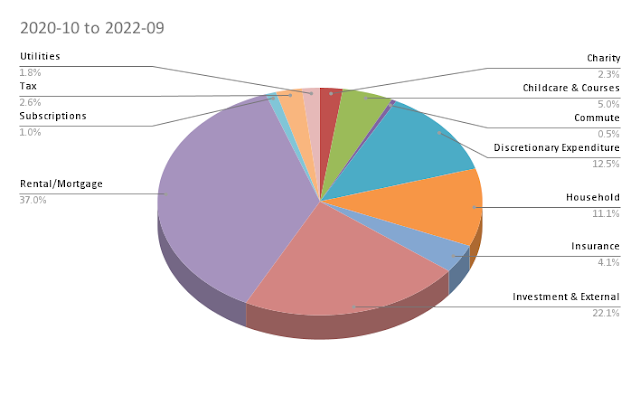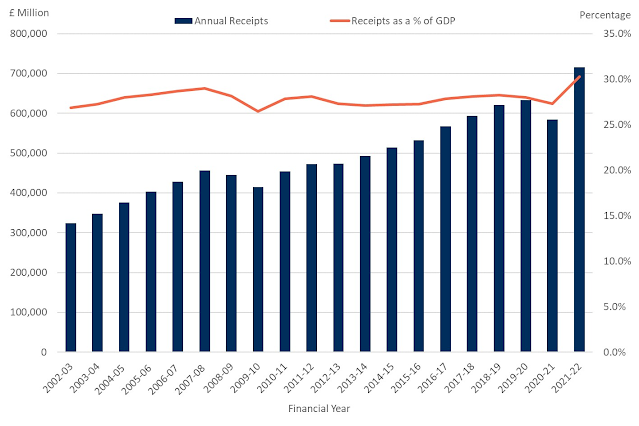Meter Jam and my proposal to fix the Auto menace
So, today was Meter Jam day in Bangalore, an attempt to protest against Auto drivers in Bangalore. (For the uninitiated friends of Singapore, you might know them as tuk-tuks.) It is a noble attempt and if I were in town, I would have definitely supported. But there was probably no need for me to do so anyway, since I was in a constant Meter-Jam-State (MTS) all through out my stay there. And the reason for being in MTS was not because I wanted to be in MTS, but simply because it was too demeaning to try and hire an Auto. I shouldn't have to tell my life history and still bargain the hell out of my brains just for doing something as mundane as commute from point A to point B.
I wish every success to Meter Jam, but a part of me feels it won't be successful. Rather than focus on explaining why "a part of me" arrived at that conjecture, let me proceed on to something radical - a theory on how the menace of overcharging and under-plying of Autos might actually be fixed.
Ban Auto-Stands.
And now that I have made you sit up - let me try to explain my thought. The way an Auto driver operates today is to wait for exactly the right fare that he wishes - be it to the right destination or be it the right price, and then waits at an Auto stand or at some crossroad till he gets comfortable enough to go. Now, if he is in a clearly defined Auto Stand (as against de facto stands that crop up in major cross roads), he is also swayed by the idea of standing with other drivers and forming a union-like structure where they can decide to charge as per their wishes.
The big incentive for the driver while waiting is that he is not spending anything except his time, which considering the average earnings of Auto drivers, is not costly, while the returns, in terms of a premium fare is fairly reasonable.
With the proposal I make, Auto drivers cannot stand anywhere, but they will be forced to keep plying empty till they don't find a fare. This way, the cost of not picking the next upcoming fare while waiting for the premium fare is not just the driver's time, but also the cost of running his vehicle in the meanwhile, which is significantly higher.
For the commuters, since the Autos are going to be driving around, there is every possibility they will find an Auto where they want one rather than having to find the nearest standing one. This is definitely a big plus for the commuters, apart from getting Autos who ply at the prescribed fares.
The pertinent question, then, is wouldn't it reduce the overall profit margins of all the drivers in the city and drive them to poverty? No. The simple reason being that once the Autos are willing to come down to plying at the prices set by the city and not demand any more, then more commuters would be happy to use their service instead of replacing it with he next available commute option and hence increasing the overall revenues for the drivers.
What's the source of this thought? Singapore taxis. The cabs in Singapore are not allowed, by law, to stop at any place. They are supposed to be driving around. And then it stuck me that it is a good ecosystem for both the drivers and commuters.
There are many other nice features of the cab ecosystem in Singapore that ensures the good service they provide, but I feel that if Indian city governments can bring about this one change and enforce it, then it has the potential to make a significant difference.
Any thoughts?
[ps: The 3 comments I see so far on this blog are also interesting. If you got a few more minutes, read them as well.]
[pps: After commenting on this blog, Deppe went a wrote a fresh blog which generated a lot of interesting thoughts. Check that out as well.]
I wish every success to Meter Jam, but a part of me feels it won't be successful. Rather than focus on explaining why "a part of me" arrived at that conjecture, let me proceed on to something radical - a theory on how the menace of overcharging and under-plying of Autos might actually be fixed.
Ban Auto-Stands.
And now that I have made you sit up - let me try to explain my thought. The way an Auto driver operates today is to wait for exactly the right fare that he wishes - be it to the right destination or be it the right price, and then waits at an Auto stand or at some crossroad till he gets comfortable enough to go. Now, if he is in a clearly defined Auto Stand (as against de facto stands that crop up in major cross roads), he is also swayed by the idea of standing with other drivers and forming a union-like structure where they can decide to charge as per their wishes.
The big incentive for the driver while waiting is that he is not spending anything except his time, which considering the average earnings of Auto drivers, is not costly, while the returns, in terms of a premium fare is fairly reasonable.
With the proposal I make, Auto drivers cannot stand anywhere, but they will be forced to keep plying empty till they don't find a fare. This way, the cost of not picking the next upcoming fare while waiting for the premium fare is not just the driver's time, but also the cost of running his vehicle in the meanwhile, which is significantly higher.
For the commuters, since the Autos are going to be driving around, there is every possibility they will find an Auto where they want one rather than having to find the nearest standing one. This is definitely a big plus for the commuters, apart from getting Autos who ply at the prescribed fares.
The pertinent question, then, is wouldn't it reduce the overall profit margins of all the drivers in the city and drive them to poverty? No. The simple reason being that once the Autos are willing to come down to plying at the prices set by the city and not demand any more, then more commuters would be happy to use their service instead of replacing it with he next available commute option and hence increasing the overall revenues for the drivers.
What's the source of this thought? Singapore taxis. The cabs in Singapore are not allowed, by law, to stop at any place. They are supposed to be driving around. And then it stuck me that it is a good ecosystem for both the drivers and commuters.
There are many other nice features of the cab ecosystem in Singapore that ensures the good service they provide, but I feel that if Indian city governments can bring about this one change and enforce it, then it has the potential to make a significant difference.
Any thoughts?
[ps: The 3 comments I see so far on this blog are also interesting. If you got a few more minutes, read them as well.]
[pps: After commenting on this blog, Deppe went a wrote a fresh blog which generated a lot of interesting thoughts. Check that out as well.]

